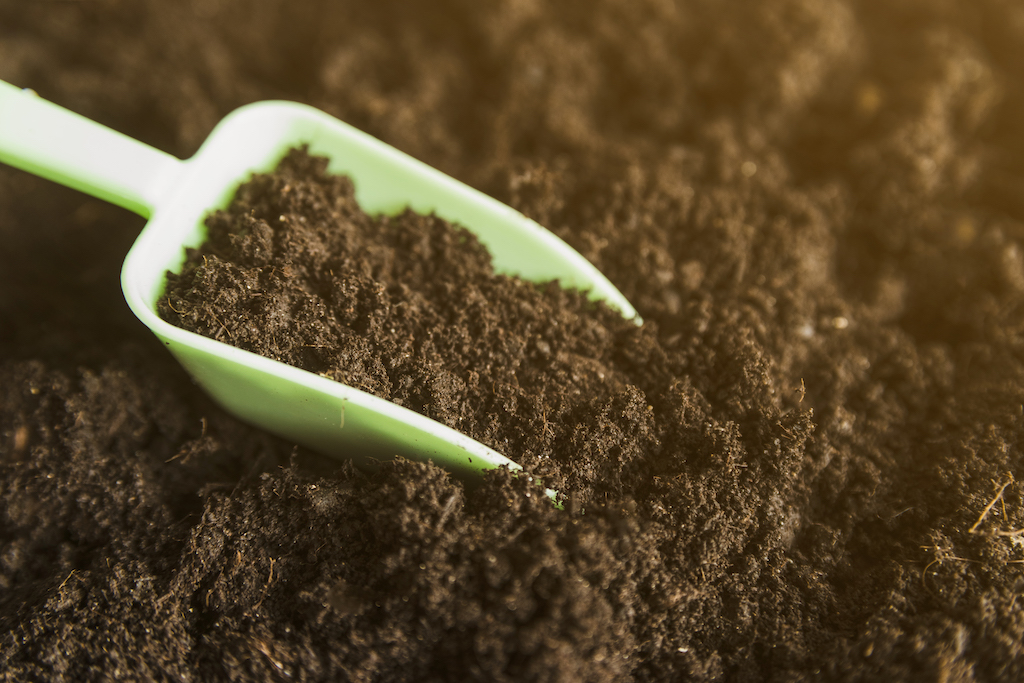Healthy soil is the backbone of agriculture and a critical factor in ensuring food security and sustainable farming practices. It serves as the medium for plant growth, supplies essential nutrients and supports ecosystems that are vital for agricultural productivity. Proper soil nutrient management is not only necessary for growing healthy crops but also for preserving the soil’s fertility for future generations.
Why Healthy Soil Is Important
Healthy soil is essential for supporting plant growth, maintaining biodiversity, and balancing ecosystems. It provides crops with essential nutrients like nitrogen, phosphorus and potassium while holding water and air that plants need to thrive. Healthy soil also acts as a carbon sink, mitigating climate change by storing carbon dioxide from the atmosphere. Moreover, it prevents erosion and supports water filtration, which protects nearby water sources from contamination. When soil health deteriorates, crop yields decline, pests and diseases increase, and the agricultural ecosystem becomes imbalanced hence threatening food production and environmental stability.
How Can One Improve the Nutrients in Soil?
Improving soil nutrients begins with understanding its current condition through soil testing. This identifies deficiencies and allows for targeted amendments. Organic matter, such as compost and manure, is one of the best ways to enrich soil with nutrients while improving its structure. Cover crops, particularly legumes, can naturally fix nitrogen in the soil and prevent erosion during off-seasons. Rotating crops helps break pest and disease cycles and enhances soil fertility by diversifying nutrient demand. Additionally, biofertilizers and microbial inoculants can introduce beneficial microorganisms that boost nutrient availability and promote healthy plant growth. Liming acidic soils and reducing excessive irrigation can also help maintain optimal pH and prevent nutrient leaching.
Common Things That Farmers Do That Tampers With Soil Health
Certain farming practices can severely harm soil health over time. The overuse of chemical fertilizers may boost short-term yields but depletes the soil of organic matter and disrupts its microbial ecosystem, leading to long-term fertility loss. Excessive tilling is another damaging practice; it breaks down soil structure, accelerates erosion, and releases stored carbon into the atmosphere. Monocropping, or planting the same crop repeatedly, depletes specific nutrients and increases susceptibility to pests and diseases. Improper irrigation, especially overwatering, leads to waterlogging and nutrient leaching, while under-irrigation causes soil to become saline in arid regions. The excessive application of pesticides can also poison beneficial soil organisms, further diminishing soil health.
Conclusion
Healthy soil is fundamental to sustainable agriculture and environmental conservation. Farmers and agricultural stakeholders must prioritize soil nutrient management to ensure food security and mitigate climate change. By adopting sustainable practices like organic amendments, crop rotation and minimal tilling, we can restore soil health and preserve its fertility for generations to come. Protecting the soil is not just an agricultural challenge, it is a global responsibility that impacts the well-being of our planet and its people.
Comments are closed.




